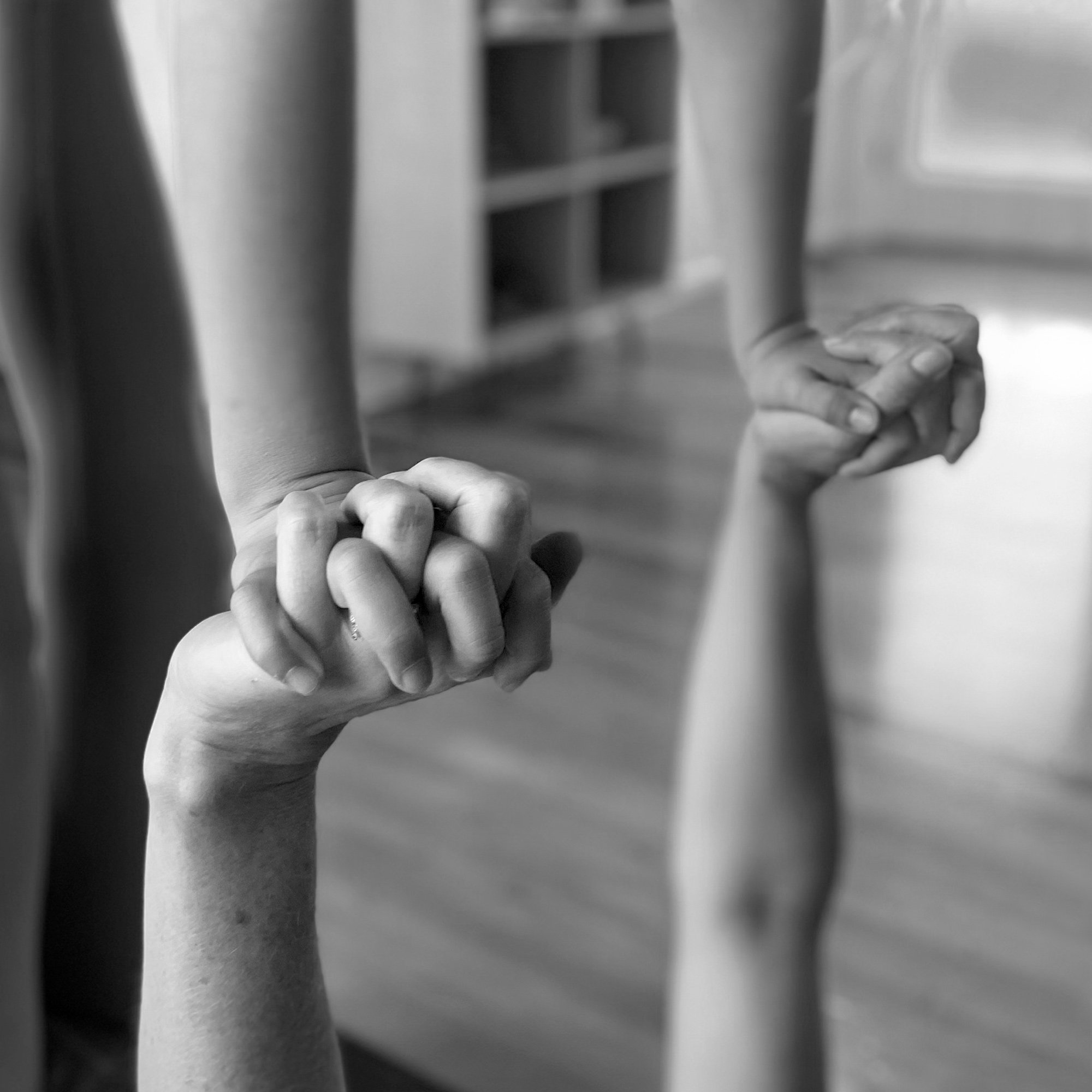
“She just became very withdrawn … and created this little wall around herself. I barely hug her now, and if I do it’s awkward”.
Tamara’s Story.
The mother of three daughters.
Tamara is the mother of three daughters, two of whom are now teenagers. She reflects on the differences in parenting her older children, compared with when they were younger: “when they were in their baby years, I felt like I knew what I was doing, and it was really second nature. I just felt it was easy to manage the problems that would arise. Now that the two oldest kids are in their teenage years, I feel a bit lost, like I am less confident in dealing with them”.
Tamara has especially been challenged by her second born daughter, whose mood seems more reactive now.
“I feel quite anxious around her a lot of the time, because I just don’t really know what I am going to get. You just don’t know what will trigger her at any one time”. Tamara reflects on why she found her children easier to manage when they were younger: “I just think maybe it’s easier to be compassionate and understanding, when kids are younger, and they are losing emotional control, because its expected of them, as they don’t really have control over their emotions. So, I feel that role of calming them, and just loving them through it, hugging them and making them feel better, was just a lot easier. Now as teenagers, they can react in a way that is quite confronting and irrational. It’s harder for me to handle because I feel like they should know a little bit better about how to deal with their emotions at this stage of their life!”.
Tamara remembers that when her second daughter came along quite quickly after the first, she felt very connected to her. Because of this, she finds it sad now that things have changed. She wonders where her happy, loving, gorgeous kid went: “I think my biggest concern is for her future relationships. I don’t want her to be unhappy and miserable, which she seems to be a lot”. Complicating things, Tamara’s daughter was bullied at primary school by a good friend: “she just became very withdrawn … and created this little wall around herself. I barely hug her now, and if I do it’s awkward”.
Another thing Tamara has noticed is that her daughter seems less empathic.
“When she was young, she had this huge amount of empathy that was unusual for her age. Even when she was being bullied, her concern was for the bully. She would tell me that she was really worried for the girl, that if she kept treating people that way, no-one was going to like her. But now, it’s like she has this real lack of empathy”. Tamara has noticed that her daughter often wants to talk to her about her friendships at school: “I try to give her reasons why the other girls might behave in certain ways, so she might understand them better, and be a bit more empathic, and let it go. But she gets really frustrated with me and walks off in a huff, saying ‘I just wanted you to listen’ ”.
As Tamara has found, the teenage years can seem tumultuous after the relative calm, and less turbulent period of middle childhood (ages 6-11 years) - the calm before the storm! During adolescence, the restructuring of the teenage brain is a critical process that significantly affects emotional control. As the prefrontal cortex and amygdala undergo maturation at different rates, teenagers experience an imbalance between their emotional reactivity, and ability to manage their emotions effectively. This can lead to intense emotional experiences, sensitivity and impulsive reactions, as the teenager struggles to cope. What parents often see in their teen, amongst other things, is unpredictable emotional reactions, mood swings, and difficulty managing stress.
